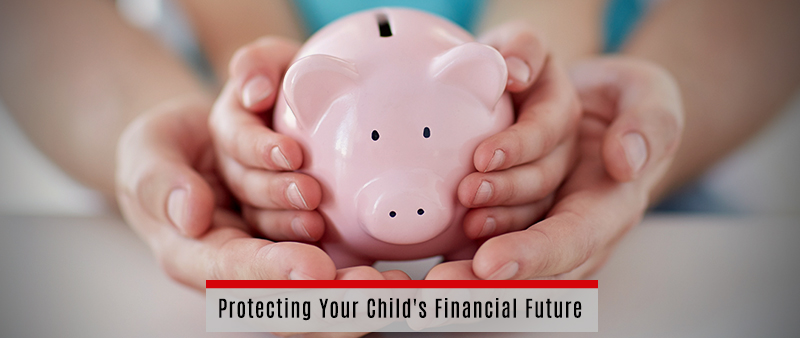
As a parent, it’s your responsibility to ensure your child is safe in every way – and that includes the safety of their identity. Once they turn 18, they’re entering a whole new adult world where their financial situation can make or break their ability to find a home, access loans or credit cards, and in some cases, their ability to find a job. Identity theft can affect anyone, and you don’t want your child to ease into adulthood with an already-damaged credit history.
It’s never too late to start taking preventative measures for your child. Here are a few child-specific tips on identity protection:
- Talk with your child about being safe on the internet. Children are accessing the online world younger and younger each year, thanks to smartphones and tablets conquering the technosphere. And as children continue to grow up using mobile devices and computers, they naturally get more savvy when it comes to the internet. However, it’s important to instill safe habits early on, which can include telling the difference between a secured and unsecured website, understanding security settings, creating strong passwords with a combination of symbols, and not sharing personal information with strangers.
- Lock up all important documents and paperwork. Not only can it be expensive and time-consuming to replace legal documents that have been lost, but it can also be harmful, as identifying information such as a Social Security number can enable a scammer to steal your identity and harm your credit rating. Documents such as your child’s birth certificate, passport, and Social Security card should ideally be kept in a safe or lock box, and you should not keep them on your person unless necessary.
- Be cautious when it comes to social media. It’s pretty commonplace for parents to share photos and information about their children on social media, and while identifying information can seem innocent (such as announcing birthdays or even checking into a location on Facebook), it can also be used to gather information to hack into passwords and build information profiles. If your child has social media profiles, make sure they know to not give away information such as their address, phone number, birthdate, or anything that can be personally identifying.
- Obtain a credit report – even if you think it’s unnecessary. Even if you think your child is too young to need a credit report, you never know what might come up. Technically, a child shouldn’t have a credit report if they have no information to file. However, if your child does have a report, find out what exactly is being reported and why – making early detections can spare your child a lot of stress in their adult years.